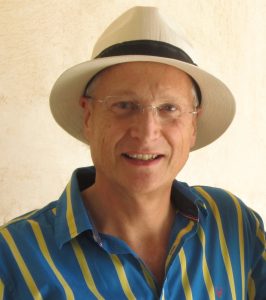 David Misselbrook was a South London GP for 30 years. He was involved with GP training, CPD development and medical ethics. He now teaches Family Medicine and ethics for RCSI Bahrain.
David Misselbrook was a South London GP for 30 years. He was involved with GP training, CPD development and medical ethics. He now teaches Family Medicine and ethics for RCSI Bahrain.
I have just come back from the centre of the world. Not the centre of the earth of course. No, in ancient times the centre of the world was reckoned to be Delphi. This claim was evidence based. Zeus wanted to establish the centre of the world by rigorous empirical methodology. He therefore released two eagles at the Eastern and Western ends of the earth and observed where they met in the middle, although whether he complied with the Animal Scientific Procedures Act regulations is not recorded.
When I come to think of it, to release the two eagles simultaneously he must have had a research assistant in charge of one, yet typically the assistant investigator’s name never made it onto the published paper. Plus ca change.
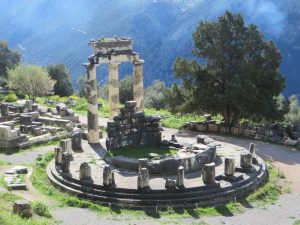
Anyway, my point was about how time changes our perspective. We landed in Athens a couple of days before a conference in Marathon, so we used satnav (we hesitated to rely on eagles) to find our way to Delphi, perched halfway up Mount Parnassus with magnificent views down to the bay of Corinth. Delphi was quite a commercial complex. Its fame was based upon the celebrated Oracle of Delphi, the Pythia, whose ambiguous utterances were as much use as a Q risk score in a centenarian.
Temples, including of course the temple of Apollo with plumbed in ketamine or whatever to keep the Pythia profitable, columns and monuments, a stadium for a spot of athletics after a light lunch and an amphitheater for evening entertainment. And of course, treasuries – lots of them. More banks than a 1950s High Street. For the ancient Greeks Delphi defined their identity. Religious, rich, modern, pleasure loving, and eclectic.
This is true of so many centres of the world. A few hundred years later it was Rome (and of course China). Then Byzantium (and still China). In the 19th century, London – the first city since Rome to reach a million inhabitants – and maybe China is slipping. In the 20th century New York, with China busy redecorating. And in the 21st century where shall we start? Singapore perhaps, or Dubai, or Doha? Any make New York look shabby, and London frankly antique.
And China has remembered itself. Beijing, Guangzhou, Shenzhen, Wuhan, Chengdu, Chongqing and Tianjin are all over twice the size of London, and Shanghai four times. China houses half of the world’s skyscrapers, with 2 new ones being built every week. The Shard, the tallest building in Western Europe, is no longer among the world’s tallest 50 buildings. The world’s busiest airport is no longer Heathrow but Dubai. And the world’s busiest international flights are not transatlantic, not even east to west, but Singapore to Kuala Lumpur and Hong Kong to Taipei. We tend to think the centre of our world is now shifting eastwards. We fail to realise that it already happened.
China is doing perfectly well thank you without liberal democracy or a western concept of human rights.
So is there any point to this post-imperialist reverie? Well, I don’t think it matters who has the tallest buildings. It’s not a competition. Well, all right, it is a competition but not an important one. I guess we all have an interest in western prosperity, but maybe it’s about time the rest of the world shared some of the toys and comforts that we take for granted, if we can achieve it without breaking the planet. No, what matters is our values.
In that brief golden moment between the fall of the Berlin wall in 1989 and Saddam Hussein’s invasion of Kuwait in 1990 Francis Fukuyama declared the “end of history”. Liberal democracy had beaten communist oppression in an irreversible step towards universal human values and peace. Unfortunately it was not only Saddam Hussein who failed to read Fukuyama’s book. China is doing perfectly well thank you without liberal democracy or a western concept of human rights. So is much of the rest of the planet. And our own liberal democratic societies are not exactly flourishing.
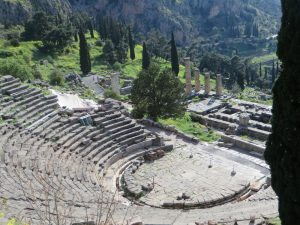
According to Plato (Republic, Book VIII) democracy inevitably regresses towards the mindset of the mob, allowing demagogues and tyrants to take over. (This could never happen in modern super power democracies such as the US or Russia, surely?) And Plato was somewhat irked that Athenian democracy had so casually and easily condemned Socrates to death, with little evidence of reflective practice among his judges. And perhaps modern democracies may occasionally take populist but unreflective turns. As to tyranny, well that requires extensive mechanisms of state control and surveillance – I’ll let you draw your own conclusions.
So perhaps our values matter more than the form of government itself? A challenging thought. And it ignores democracy’s greatest virtue – that, by the will of the majority, one can remove a government without bloodshed.
And certainly I am not going to argue for Plato’s alternative – an oligarchy of Philosopher Kings. Get three doctors in a room and you will have six different opinions. Get three philosophers in a room and you will get twenty. Mad as a box of Pythia the lot of them, and certainly unfit to rule. With the possible exception of Marcus Aurelius in Gladiator.
Perhaps we grown up westerners need to learn our values from these Jordanian school children.
So in our brave new world how do we solve this dilemma? Well, if humans haven’t managed to solve the problem of good governance for the last few thousand years then we probably won’t get the knack now. As Kant said “Out of the crooked timber of humanity, no straight thing was ever made”. I think we are into damage control. It seems ironic that the more peaceable generals (and in the UK the unelected House of Lords) often seem to be all that stands between our democratic societies and a selection of Armageddons, great and small, spawned by the populist buffoonery of our leaders.
So what values should we hold dear in such times? Recently I visited a school in Amman, Jordan. I was delighted to be faced with a pillar bearing the words “Justice, Temperance, Empathy, Respect, Integrity, Equity and Leadership”. (The first two, of course, being two of Aristotle’s four cardinal virtues of justice, temperance, courage and wisdom.) Perhaps we grown up westerners need to learn our values from these Jordanian school children.
If we do not articulate our values and construct a world where freedom, tolerance, fairness and human dignity win the day then the west has no moral high ground from which to lecture the rest of the world. The west has rested on its smug moral superiority for far too long. Once, Delphi was the centre of the world. All that is left is ruins. You hardly need an Oracle to work out the current path of western culture. Let us hope the Oracle is wrong.

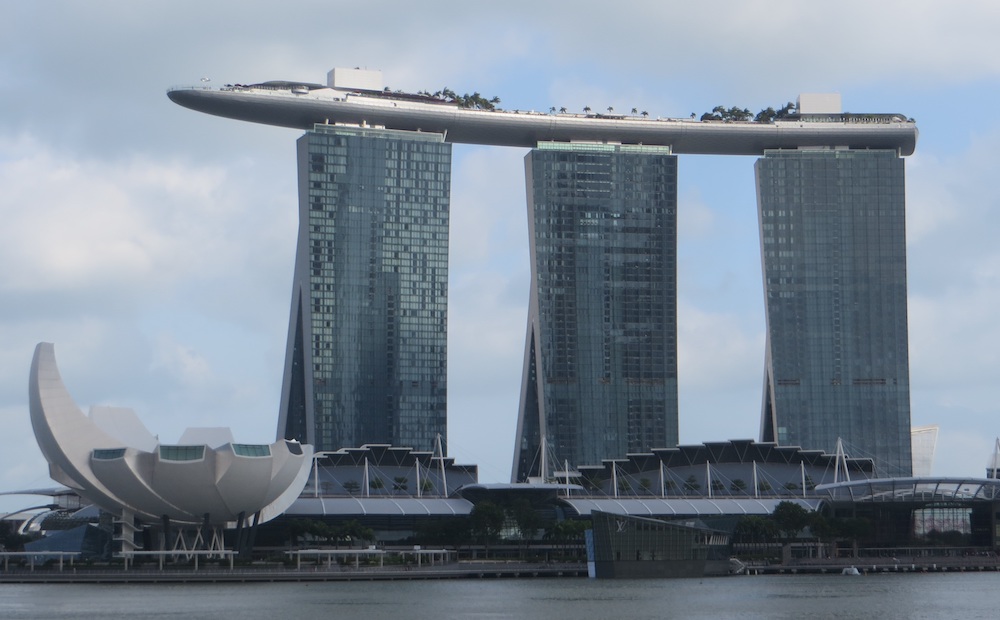

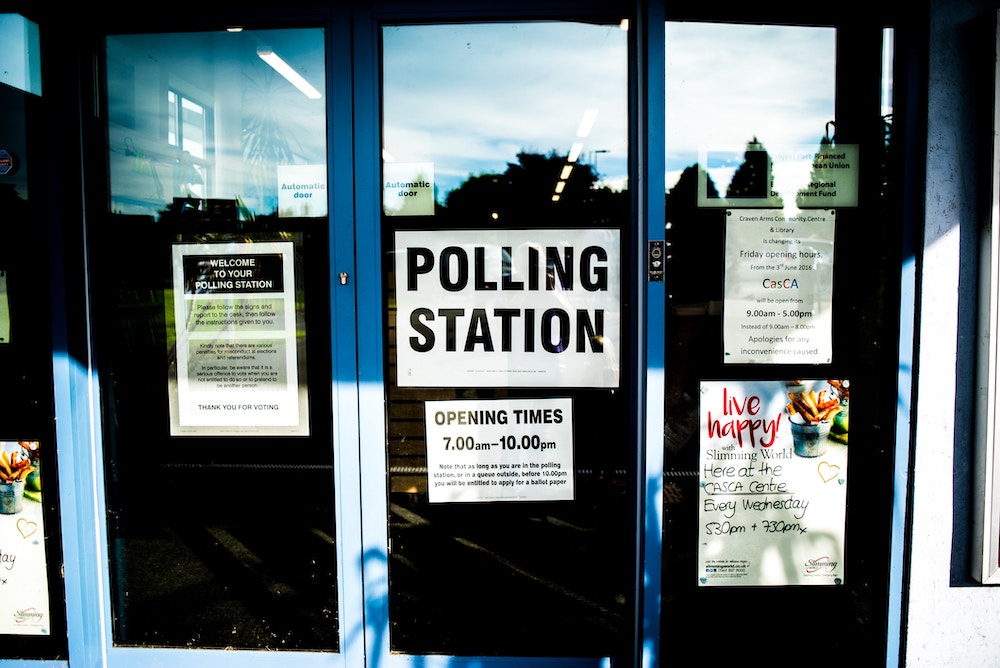



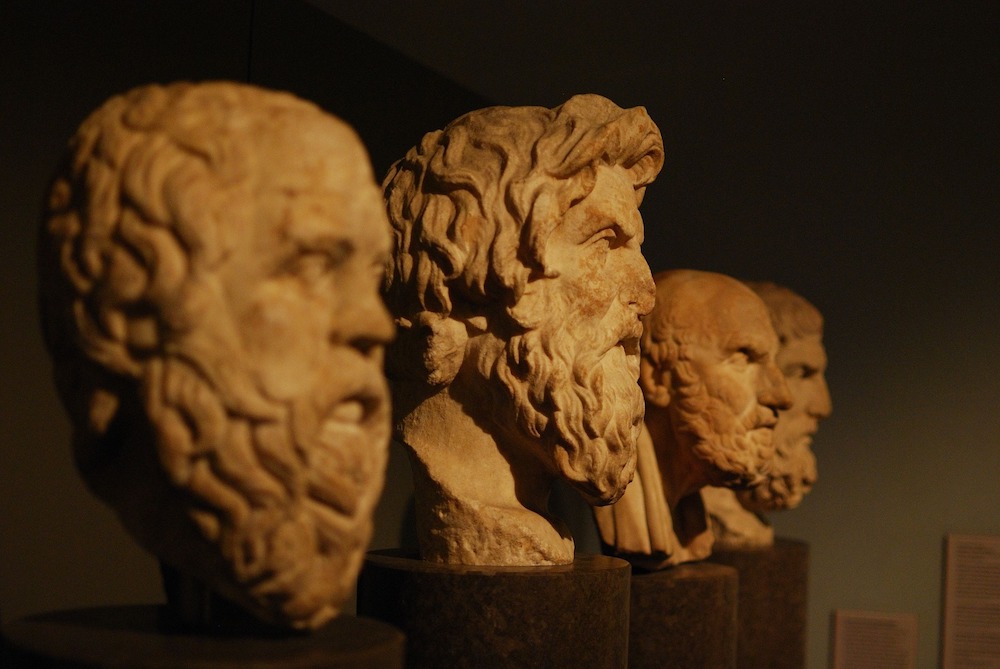


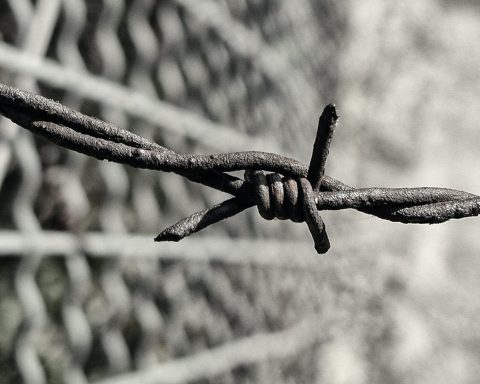


4.5
5